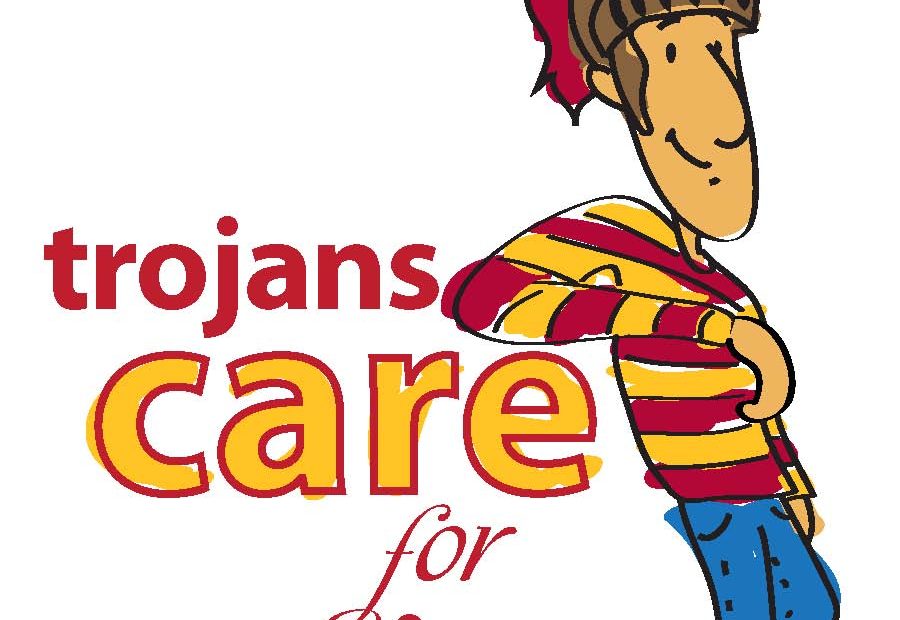The overall goal of Trojans Care, a bystander and gatekeeper program, is to create a caring and helpful community. Members will become more comfortable in helping those in need and become more aware of support resources. Specific objectives include:
- Raising awareness of helping behaviors
- Increasing motivation to help
- Developing the skills and confidence in responding to problems or concerns
- Understanding the campus support resources and how to refer appropriately community members to those resources
- Ensuring the safety and well-being of self and all others in the community
Most problematic behaviors on college campuses involve bystanders. Trojans Care training provides a framework explaining the bystander effect, reviews relevant research, and teaches skills for intervening successfully using the 5 Decision Making Steps, and the S.E.E. Model (Safe; Early; Effective).
Students, faculty, and staff are encountering multiple situations where bystander intervention would be appropriate including, among other things, alcohol abuse, suicide, homicide, eating disorders, sexual assault, and discrimination. The bottom line is that many, if not most, unfortunate results are PREVENTABLE.
It is our sincere hope that this training will help community members learn strategies and techniques to intervene directly or indirectly in both emergency and non-emergency situations. In the training, we discuss real-life situations/scenarios. Our goal is to generate open, honest, and non-judgmental discussions about the material presented. This training is not meant to cover all possible scenarios or variables, nor is it meant to train you to be a counselor. The health, safety, and wellbeing of all Trojans is dependent upon the engagement, knowledge, and action of our community members.
Departments, offices, campus committees, new faculty and staff orientations can request this workshop through Student Counseling Services https://engemannshc.usc.edu/counseling/faculty-staff-outreach/
The workshop can be tailored from one hour to three hours in duration depending on how much skill development is desired.
To discuss go to our Facebook post.

Ilene C. Rosenstein, Ph.D.
Assistant Professor, Clinical Pediatrics
Director, Student Counseling Services Engemann Student Health Center

